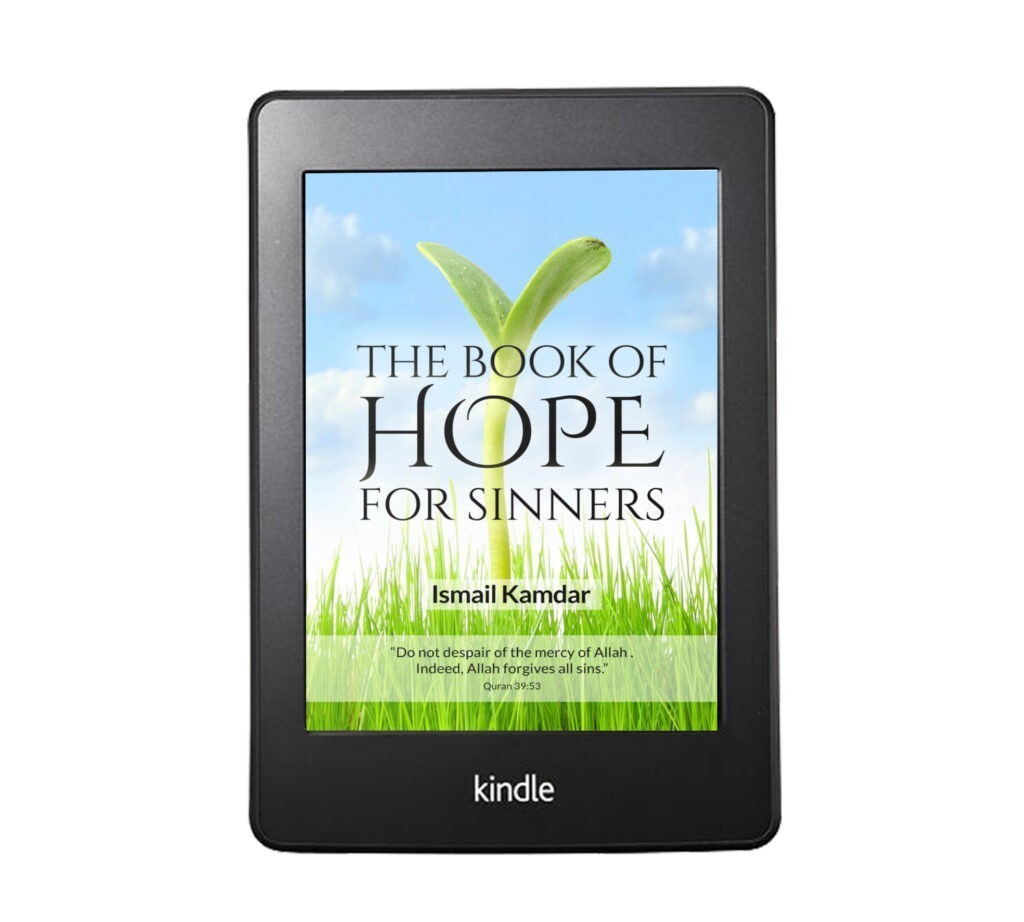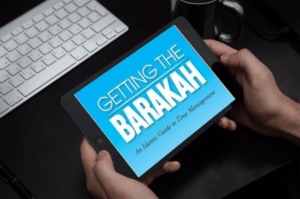Ramadan 1440 AH is just four weeks away. The internet is filling up with blog posts, videos, courses and social media posts on how to get the best out of Ramadan.
But something isn’t right. No matter how many Ramadans go by, and how many of these videos you watch and articles you read, things just don’t change.
You feel like the some person you were before Ramadan began. And it is really bugging you out.
This may be the reason why you are unable to make your Ramadan Resolutions work.

You are setting the bar too high
I get it. You want to be the best Muslim possible. You want to be perfect and sinless. We all do. But it isn’t humanly possible. Sooner or later, you will slip up and err.
So when you set your Ramadan goal as ‘never commit a sin ever again’, you are setting yourself up for disappointment. The truth is that as a human being, you will make mistakes, you will err, and you will fall short at times. If you expect perfection from yourself, you will never be able to achieve that goal in this life.
Instead try this: set a realistic goal like giving up one specific sin or adding one specific good deed to your life. This is specific and measurable enough that you can stick to it for life.

You try to accomplish too much in one month.
We often overestimate what we can accomplish in the month of Ramadan. And we underestimate how much we can accomplish in our lifetime.
Sometimes, you can get so excited about Ramadan and goal setting that you try to cram too much into it. You plan to read 10 books, study the Tafseer of the entire Quran, pray Taraweeh every night, recite the entire Quran 10 times, donate $10000 in charity, and spend two hours every night in Qiyam Al-Layl.
After three days, you will be burned out and give up.
Instead, set moderate practical goals. Understand your limits and set your goals accordingly. Do not overburden yourself. It is better to focus on two or three practical goals, than ten impossible goals.
So pace yourself and make sure you schedule some downtime during Ramadan as well.

You limit your goals to Ramadan only
Personal growth is a life-long process. Ramadan may give us a super-charge but it cannot be the only time of the year we spend trying to be better people. That needs to be a life long commitment.
If you set goals for Ramadan, and forget to follow up on them after Ramadan, you will not experience long-term change. Long-term change comes from working on yourself all year round.
If you set a goal to recite 1 Juz of Quran every night of Ramadan, then also commit to 10 minutes of Quran daily for the rest of the year. This is manageable and will help you maintain your spiritual level throughout the year.
Summary
We tend to fail at our Ramadan goals because we set goals that are too high, too many, and restricted to Ramadan. If we instead aim at realistic goals, restrict the number of goals, and keep working on them all year round, then we will experience more meaningful growth during Ramadan.
To learn more about preparing for Ramadan, sign up for our free course here.











